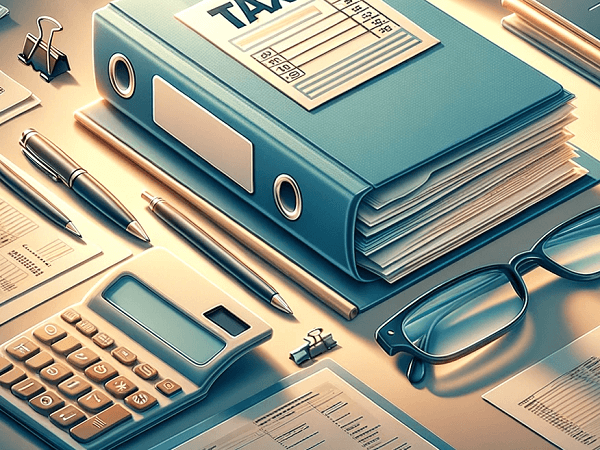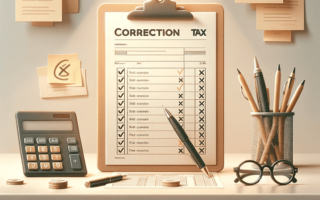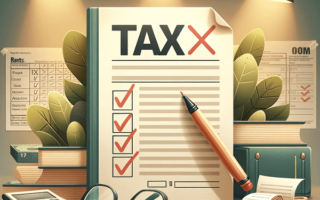When it comes to preparing a corporate tax return, having the right documents is crucial. Whether you have a corporation or a limited liability company (LLC), understanding the necessary paperwork is essential for accurate tax filing. This article will outline the key documents required for preparing a corporate tax return and provide insights into their significance.
1040 – Personal Income Tax Return
If you are an LLC owner or an employee of your corporation receiving a salary, it is important to include your personal income on your 1040 form. The 1040 is the personal income tax return that allows you to report income, profit, and losses from your business. In the case of pass-through entities, where profit and loss pass through the business to the owner, the income, profit, and losses must be listed on the personal income tax return.
Schedule C – Deductions and Business Expenses
Schedule C is a crucial document for listing deductions, dividends, and any profit or losses incurred by your business. It enables you to report expenses necessary for running your business, such as mileage to and from business meetings and lunches. To complete Schedule C for your corporation, you will need an employer identification number obtained from the IRS. It is important to note that Schedule C is not a stand-alone document and is typically accompanied by your 1040 or 1120 form.
Form 1120 – Annual Corporate Tax Return
Form 1120 is the annual corporate tax return that provides comprehensive information about your corporation’s financial activities. This form includes Schedule C, which lists deductions and compensation to officers or board members. Form 1120 requires essential details such as the employer identification number, deductions, and information about your corporation’s accounting and business type. Additionally, it may include other schedules specific to your business, such as Schedule A for the cost of goods sold and Schedule K for additional corporate information.
Form 1065 – Partnership Tax Return
If your business operates as a partnership, such as a limited liability partnership, you will need to fill out Form 1065. Partnerships do not pay taxes on their income; instead, the profit and loss pass through to the partners’ individual tax returns. Form 1065 allows you to report the partnership’s income and allocate it among the partners accordingly.
Other Forms and Taxes
In addition to the aforementioned forms, there are other documents required for specific situations. If you have employees or independent contractors, you will need to submit additional forms. For instance, W-2 and W-3 forms must be sent to the Social Security Administration if you withheld Social Security and Medicare from your employees. IRS Form 944 is necessary for federal unemployment taxes, and Form 1099-MISC is required for independent contractors who received more than $600 for their services. It is important to consult with an attorney or certified public accountant to determine the deadlines and requirements for these forms.
In conclusion, preparing a corporate tax return involves gathering the necessary documents to accurately report your business’s financial activities. The 1040, Schedule C, Form 1120, and Form 1065 are essential forms that provide crucial information about your personal and corporate income. Additionally, other forms may be required depending on your business structure and the presence of employees or independent contractors. By understanding and organizing these documents, you can ensure a smooth and compliant tax filing process.




